
What is a Keto Diet?
The keto diet is a very low-carb, higher-fat diet. It’s similar in many ways to other low-carb diets.
While you eat far fewer carbohydrates on a keto diet, you maintain moderate protein consumption and may increase your intake of fat. The reduction in carb intake puts your body in a metabolic state called ketosis, where fat, from your diet and from your body, is burned for energy.
What “keto” or "ketosis" means
 A “keto” or “ketogenic” diet is so named because it causes your body to produce small fuel molecules called “ketones.” This is an alternative fuel source for your body that can be used when blood sugar (glucose) is in short supply.
A “keto” or “ketogenic” diet is so named because it causes your body to produce small fuel molecules called “ketones.” This is an alternative fuel source for your body that can be used when blood sugar (glucose) is in short supply.
When you eat very few carbs or very few calories, your liver produces ketones from fat. These ketones then serve as a fuel source throughout the body, especially for the brain.
The brain is a hungry organ that consumes lots of energy every day, and it cannot run on fat directly. It can only run-on glucose – or ketones.
On a ketogenic diet, your entire body switches its fuel supply to run mostly on fat, burning fat all day long. When insulin levels drop very low, fat burning can increase dramatically. It becomes easier to access your fat stores to burn them off.
This is great if you’re trying to lose weight, but there can also be other benefits, such as less hunger and a steady supply of energy — without the sugar peaks and valleys that often occur when eating high-carb meals. This may help keep you alert and focused.
When the body produces ketones, it enters a metabolic state called ketosis. The fastest way to get there is by fasting – not eating anything – but nobody can consistently fast forever.
A keto diet, on the other hand, also results in ketosis and can be eaten indefinitely. It has many of the benefits of fasting – including weight loss – without having to fast long term.
Who should NOT do a ketogenic diet?
There are controversies and myths about a keto diet, but for most people it appears to be very safe. However, three groups often require special consideration:
- People who take medication for diabetes, such as insulin
- People who take medication for high blood pressure
- Woman who breastfeed
How to get into ketosis on a keto diet?
Here are the seven most important things to increase your level of ketosis, ranked from most to least important:
-
Restrict carbohydrates to 20 digestible grams per day or less – a strict low-carb or keto diet. Fiber does not have to be restricted; it might even be beneficial for ketosis.
Often, just restricting carbs to very low levels result in ketosis. So, this may be all you need to do. But the rest of the list below will help make sure that you are successful.
-
Eat enough fat to feel satisfied. A keto low-carb diet is normally a higher-fat diet because fat supplies the energy that you are no longer getting from carbs. This is the big difference between a keto diet and starvation, which also results in ketosis. A keto diet is sustainable while starvation is not.
If you feel as if you are starving, you’re likely to feel tired and want to give up your diet. But a ketogenic diet should help you avoid getting too hungry, making it sustainable and possibly making you feel great.
So, eat enough protein foods and low-carb veggies, with enough added fat to feel satisfied. If you are hungry all the time, check that you are getting adequate amounts of protein at most meals and, if so, add more fat to your meals (like more butter, more olive oil, or some delicious sauces).
Our keto recipes have plenty of fat included, but you can adjust up or down, according to your own needs.
-
Maintain a moderate protein intake. A keto diet is not meant to be a very-high-protein diet. We recommend 1.2 to 1.7 grams of protein per kg of reference body weight per day. This means about 100 grams of protein per day if your lean body mass weight is around 70 kilos (155 pounds). Check out our target protein ranges to find out how much protein you should be aiming for each day.
Despite concerns that people on keto diets eat “too much” protein, this does not seem to be the case for most people. Because it is very filling, most people find it difficult to overeat protein.
Although amino acids from protein foods can be converted to glucose, under experimental conditions, only a small percentage actually are. This may be related to individual factors, such as degree of insulin resistance.
At the same time, inadequate protein intake over extended periods of time is a serious concern. It can result in loss of muscle and bone, especially as you age.
- Avoid snacking when not hungry. Eating more often than you need, just eating for fun, or eating because there’s food around, reduces ketosis and slows down weight loss. Though using keto snacks may minimize the damage when you are hungry between meals, try to adjust your meals so that snacks become unnecessary.
- If necessary, add intermittent fasting. For example, skip breakfast and only eat during 8 hours of the day, fasting for 16 hours (i.e. 16:8 fasting). This is effective at boosting ketone levels, as well as accelerating weight loss and improving insulin resistance. It is also usually easy to do on keto.
- Add exercise. Adding any kind of physical activity while on low carb can increase ketone levels moderately. It can also help speed up weight loss. Exercise is not necessary to get into ketosis, but it may be helpful.
- Sleep enough and minimize stress. Most people benefit from a minimum of seven hours of sleep per night, on average. And try to keep stress under control. Sleep deprivation and stress hormones raise blood sugar levels, slowing ketosis and weight loss. Plus, they might make it harder to stick to a keto diet and resist temptations. So, while handling sleep and stress will not get you into ketosis on their own, they are still worth thinking about.
Source: dietdoctor.com


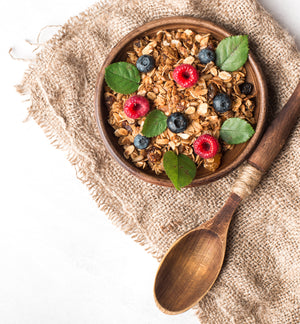

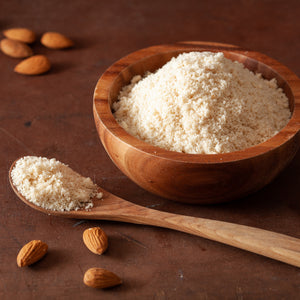
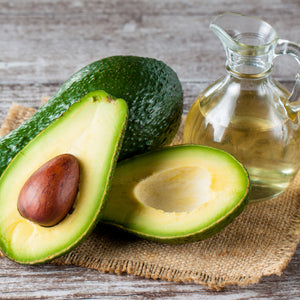
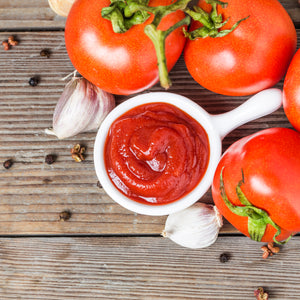

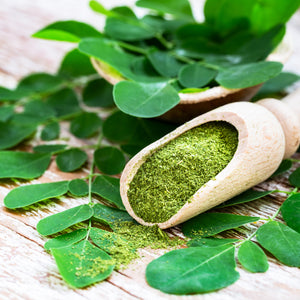
Leave a comment